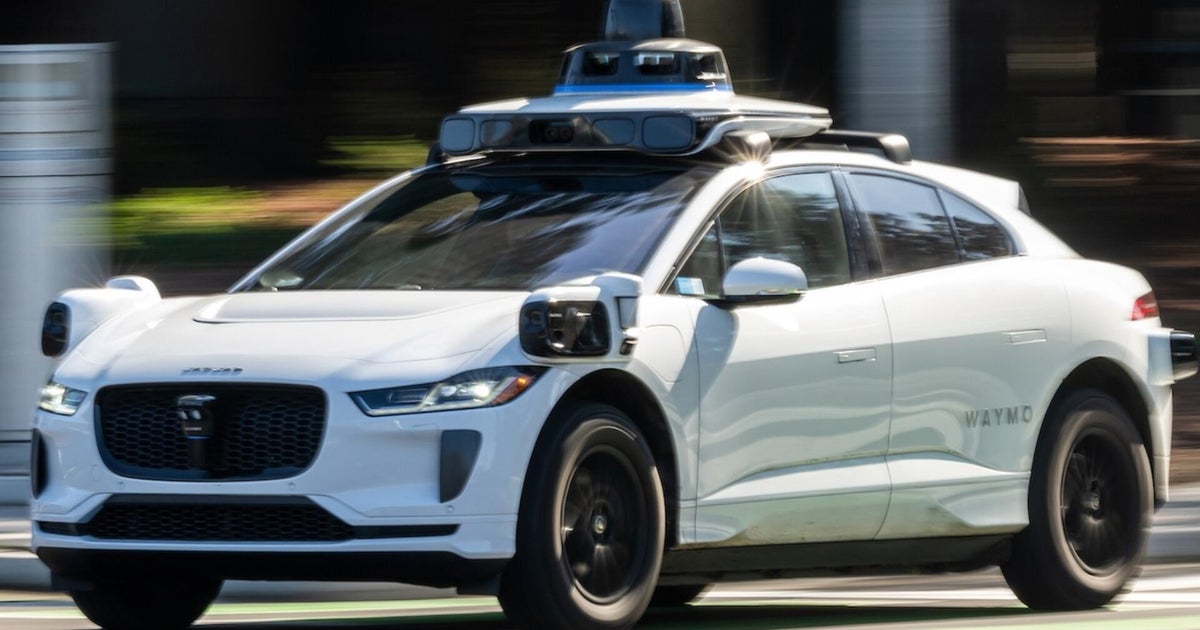How today's entrepreneurs are revolutionizing industries – and sparking controversy
Uber CEO Travis Kalanick and Airbnb CEO Brian Chesky may have more in common than you might expect.
“They have both gone into cities where in some cases they were expressly illegal,” Brad Stone said Tuesday on “CBS This Morning.” “They summoned the political support of their customers, and the fact that frankly people love them, by and large, to go and, in some cases bend, some cases break laws and to change them. And so different styles but not so different when you peel back the onion.”
Stone’s new book, “The Upstarts: How Uber, Airbnb, and the Killer Companies of the New Silicon Valley are Changing the World,” chronicles the new generation of entrepreneurs who are disrupting industries including travel and transportation.
“It was eight years ago at Barack Obama’s inauguration that these two sets of founders were anonymous in the crowd that day. And in eight years, together, they’re worth $99 billion. And they’ve reshaped cities. It’s incredible,” said Stone, who is also Bloomberg News’ head of global technology coverage.
Kalanick and Chesky have not only changed the way we travel, Stone said, but also have created options for areas without public transportation and economic opportunities for people.
“Never before have you -- if someone’s lost their job, and is embarking on a job search or trying to pay for college -- has there been such an easy way to make money. Not just for Uber, but for Lyft, or perhaps renting out a spare bedroom in their home,” Stone said.
While they’ve revolutionized certain industries, the businessmen have also left a trail of controversy, Stone said.
Kalanick most recently faced criticism for agreeing to sit on a business advisory panel with President Trump on Friday. Tesla CEO Elon Musk, General Motors CEO Mary Barra and IBM CEO Ginni Rometty are among the list of business leaders expected to attend. Kalanick had said he would directly raise his concerns over Mr. Trump’s temporary travel ban from seven Muslim-majority countries at the meeting, but social media users still encouraged riders to #DeleteUber due to his participation.
Kalanick, who Stone said was close to the Obama administration, defended his decision based on the “belief that by speaking up and engaging we can make a difference.”
Tech leaders like Apple CEO Tim Cook have also spoken out about the temporary ban, but whether their voices will impact the administration is unclear.
“It depends on if the administration is listening or even cares what the tech companies say. Clearly, the tech companies have played a role in changing the tide of public opinion against the executive order,” Stone said.




